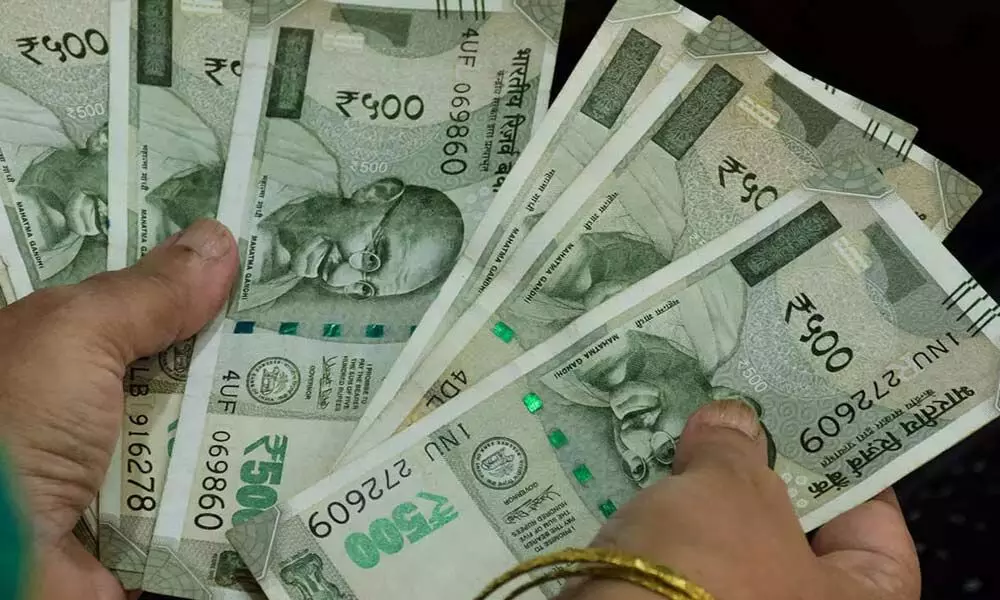Omicron spread to hit micro-loan securitisation
Volumes may dip in Q4. The first 9 months (Q1, Q2, Q3) shown a visible recovery with micro-loan securitisation volumes at Rs6,200 cr as compared to Rs1,900 cr in the year-ago period; However, much lower than the pre-Covid period around Rs29,000 cr in FY2020
image for illustrative purpose

Mumbai: The securitisation volumes in microfinance loans, which saw improvement in the first nine months of FY22, may witness some impact in the fourth quarter due to concerns over the third Covid-19 wave, Icra Ratings on Tuesday said.
In the first nine months of the current fiscal, there was a recovery in absolute terms with micro-loan securitisation volumes at around Rs 6,200 crore as compared to around Rs 1,900 crore in the year-ago period. The volumes, however, remained much lower than the pre-COVID period (around Rs 29,000 crore in FY2020). "The securitisation volumes in Q4 (FY22), which should have otherwise seen a healthy improvement, could be impacted by the concerns around the third wave of COVID infections that may affect the repayment capabilities of the borrowers who have a marginal financial profile," the rating agency said in a report released on Tuesday.
The agency's Vice President and Group Head (Structured Finance Ratings) Abhishek Dafria said the third wave of COVID infections has been least disruptive so far though until the numbers start to taper, investors may remain wary of investing in micro-loan pools. While direct assignment transactions had a dominant share, the share of PTCs (pass-through certificate) in micro-loan securitisation has been rising post the pandemic, as investors prefer to have credit enhancements in the structure to absorb higher-than-expected losses in the pool, he said. The report said microfinance entities would continue to see challenges in terms of raising funds through securitisation in the near term as investors remain wary of the performance of the borrowers given the unsecured nature of the loan.
Securitisation, which prior to the pandemic contributed between 30-40 per cent of the disbursements for NBFC-MFIs, has seen its share drop to sub-20 per cent post-pandemic with fewer entities able to tap the securitisation market. Share of microloan securitisation in overall securitisation has also declined from a peak share of 15 per cent in FY2020 to 10 per cent in FY2021 and around 8 per cent in nine months of FY2022, the report said. The agency said the collection efficiency seen in its rated micro-loan pools witnessed a decline during the moratorium period (April to August 2020) and again in Q1 FY2022 due to the second wave. However, the collections witnessed a healthy bounce back in the subsequent period, displaying the borrower resilience, it said.
Further, live Icra-rated pools have a higher share of portfolio originated post moratorium, which has performed better as the microfinance entities have been disbursing to borrowers with a better credit profile, the report said. In the live rated micro-loan pools, there has been only one downgrade in the rating of senior tranche post the pandemic. For all other transactions, performance has been robust with no loss to the investors after factoring in the credit enhancements in the structure, it added.

